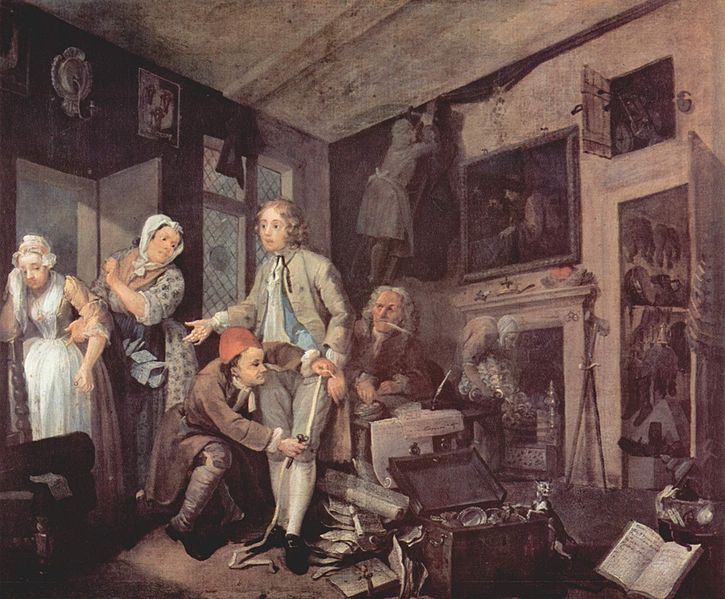The claims themselves are not particularly dubious, every small party or independent will sell their vote on certain issues to gain influence in other areas, it is the way of a Westminster Parliamentary System. The disingenuous aspect to their claims is the misrepresentation and exaggeration to the electorate of the likelihood of these events; in essence they are suffering from small dog syndrome - they believe they are bigger than they are.
Currently the SNP have seven Members of Parliament whilst Plaid have three out of the total of 646, this represents 1.5% of the elected representatives at the House of Commons. This has always been traditionally adequate to contribute to debates, influence policy and potentially effect some legislation, but to now suggest that the national parties will have undue influence on any potentially weak or coalition government after this current election is simply not feasible.
According to the latest Populus Poll the current voting intentions are as follows:
- Conservatives - 32%
- Labour - 28%
- Liberal Democrat - 31%
- Other - 9%
- Conservatives - 234 seats
- Labour - 278 seats
- Liberal Democrat - 109 seats
- Other - 29 seats (SNP - 8 seats, Plaid - 3)
However, this issue perfectly highlights the incredible inequities in our current electoral system and the bias that the incumbent administration can command over redrawing constituency boundaries to make marginal seats safer.




No comments:
Post a Comment